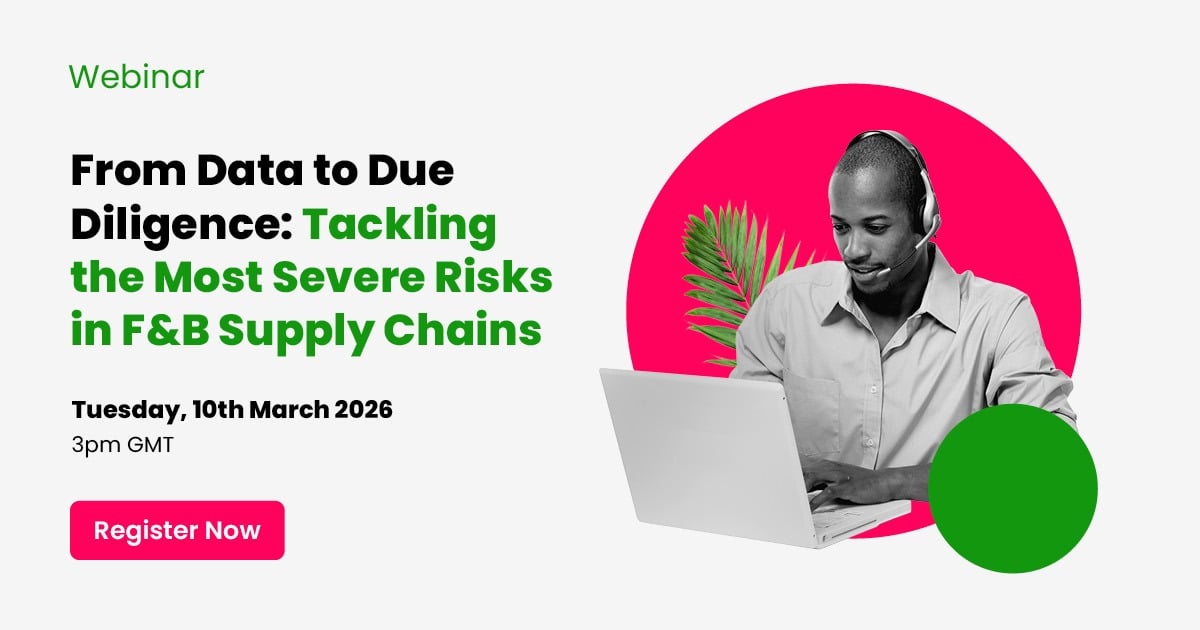To progress responsible business practices and improve outcomes for our members, Sedex has started to participate in policy conversations, and proactively share our supply chain expertise with select governments during the policymaking process. We believe it is important for businesses to have a voice during this process and would like to help represent these views. In many countries, businesses are increasingly expected to meet multiple regulatory approaches that are being implemented or considered for modern slavery, global supply chain due diligence and transparency. These aim to address issues that occur in supply chains, such as forced labour, child labour, low wages and a range of other human rights abuses and sustainability challenges. To ensure the needs of businesses are met, it is important to be part of legislative discussions. Sedex’s insights and practical experience working with businesses that operate diverse supply chains can make an important contribution to these conversations. To support the evolution of policies on these crucial issues, from time to time, Sedex will engage with certain panels, roundtables, governments, consultations and multi-lateral discussions. We believe it is essential that all businesses can participate in the policymaking process for legislation that affects their operations and would like to support this process.





